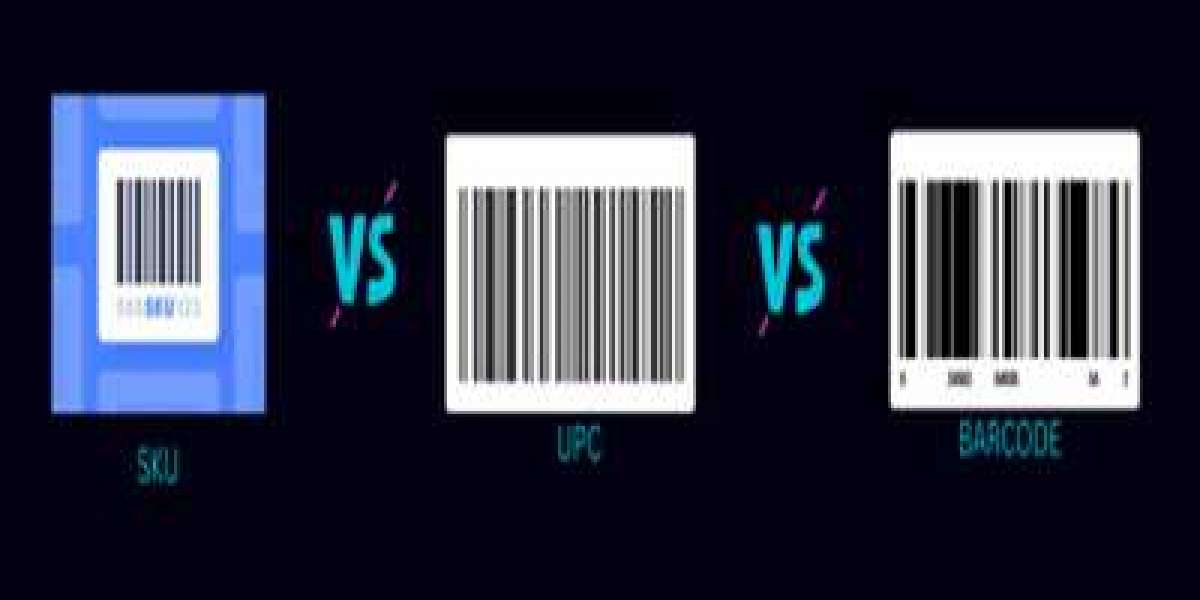Product identifiers are unique identification of a particular product that contains the entire information about the product because the information about the product needs to be transparent for the customers. The information or details like name and location of the manufacturer, Dimensions, Weight, category, size, etc. are available through the identifiers. Now, unique identifiers of a product (SKU, UPC, and BARCODES) become an identification that defines your product in the marketplace. The identifiers also help in optimizing and enhancing feeds and Google searches of the product.
STOCK KEEPING UNIT (SKU)
SKU is a custom alphanumeric code assigned by a seller or a merchant to their particular product. The SKU consists of 8 to 12 characteristics of letters and numbers. SKU of products is differentiated on the basis of information like specification and characteristics of the product. This SKU is used to identify the inventory of a business.
It provides information about inventory keeping, sales data, and characteristics of a product. Many companies used SKUs for the internal unique code to distinguish the product from each other and to manage their inventory records easily.
Some of the traits of SKU are:-
- SKU is used for the purpose of tracking or managing inventory.
- It can be of any length but 8 to 12 alphanumeric series is recommended.
- It is widely used inside the organization.
- They are customized by the manufacturer of a product.
- They are used in warehouses, e-commerce platforms, etc.
UNIVERSAL PRODUCT CODE (UPC):
Unlike SKU which is unique to the company, UPC of a product is unique for external use. The universal product code or UPC is a 12-digit unique identification numeric code. This numeric code comes along with its corresponding barcode. The manufacturer needs to purchase the UPC for their products from GS1, an international non-profit organization that assigns the UPC. The UPCs are machine-readable.












